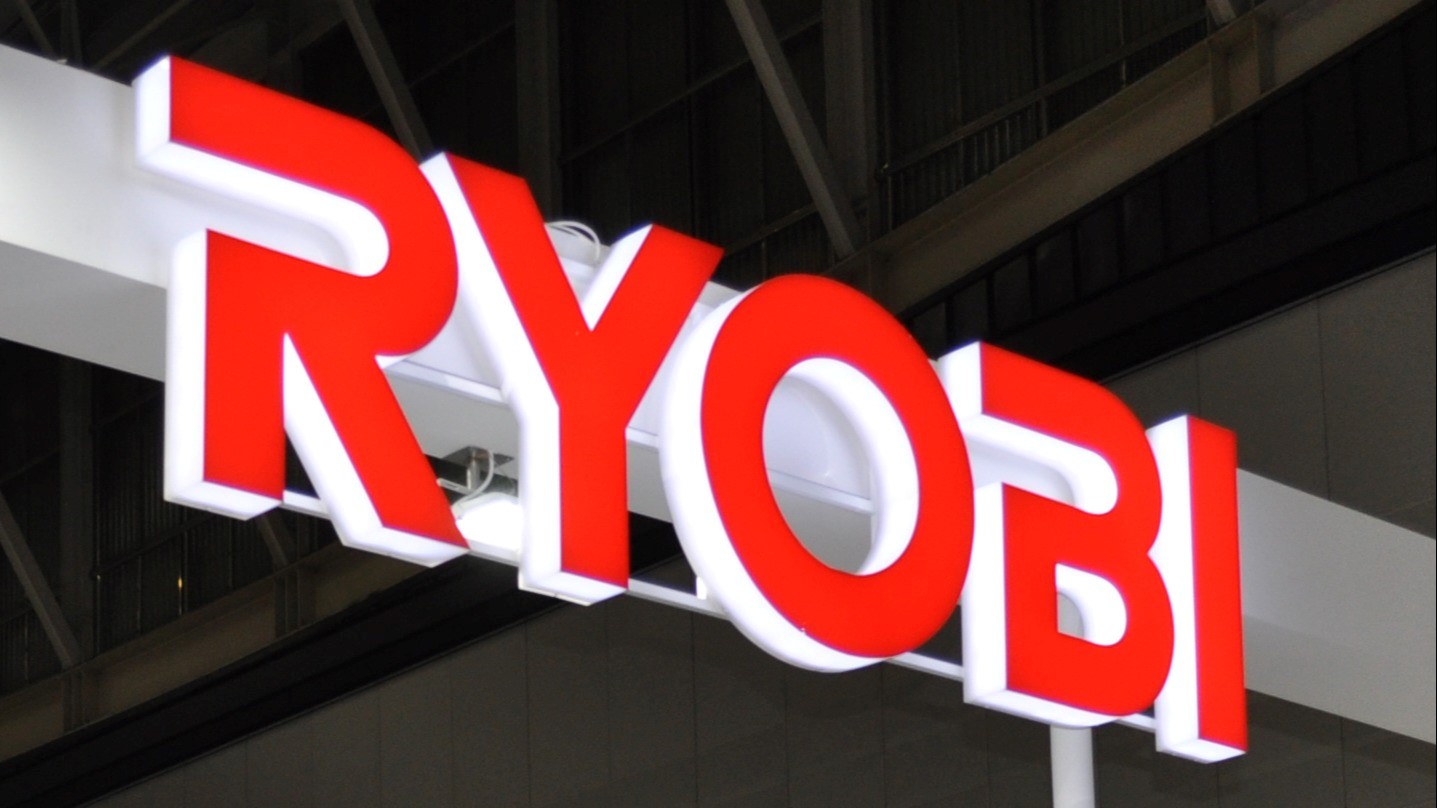Japanese firm Ryobi implements gigacasting technology to replace steel with large aluminium auto components
Ryobi will invest about 5 billion yen or U$35.2 million to construct a building on the premises of its Kikugawa plant in Shizuoka Prefecture and introduce a moulding machine with a 6,000-tonne clamping force. It expects to receive orders for aluminium automobile components mainly from domestic automakers from March 2025 following a trial run.

Japanese company Ryobi, a major supplier of aluminium auto parts, will use gigacasting technology to create sizeable electric-vehicle body parts. This technology promises to reduce the manufacturing cost of a car body by 20%. Ryobi is using the technology to die-cast one large aluminium component designed to replace dozens of steel parts.
Other auto parts suppliers, including Tesla, Xpeng, Zhejiang Geely Holding Group, Volvo Cars, Volkswagen, and Toyota Motor, have also introduced gigacasting. Toyota, for example, plans to replace 91 steel plate parts on the front portion of EV bodies and 86 steel plate parts on the rear portion with two large aluminium parts.
The introduction of gigacasting could significantly alter the automotive supply chain and eliminate the need for steel sheet press manufacturers. Ryobi's $35.2 million investment will help in receiving orders for parts mainly from domestic automakers from March 2025 following a trial run. In the future, the company intends to be responsible for installing, operating, and maintaining moulding machines at automaker plants.
Gigacasting can also reduce carbon dioxide emissions from parts manufacturing because it is easy to use recycled aluminium. However, it has some disadvantages, including the difficulty of mastering the expertise needed to prevent cavities from forming when molten aluminium is poured into complex shapes and the need to replace an entire huge component after a collision or other accidents.
Ryobi, which is using the technology to die-cast one large aluminium component designed to replace dozens of steel parts, joins a slew of other auto parts suppliers scrambling to transform their supply chains for EVs. In the future, the company intends to be responsible for installing, operating and maintaining moulding machines at automaker plants.
Automakers may outsource gigacasting to reduce costs and optimize their businesses. A major supplier like Linamar has entered the market. Large-scale moulding machines are also advancing, with companies like LK Technology, Ube Machinery, and Buehler involved. Gigacasting can help reduce CO2 emissions from parts manufacturing, and recycled aluminium is easy to use and lighter, improving power consumption efficiency. However, mastering gigacasting and replacing huge components after accidents can be challenging.
This news is also available on our App 'AlCircle News' Android | iOS

.jpg/0/0)






















